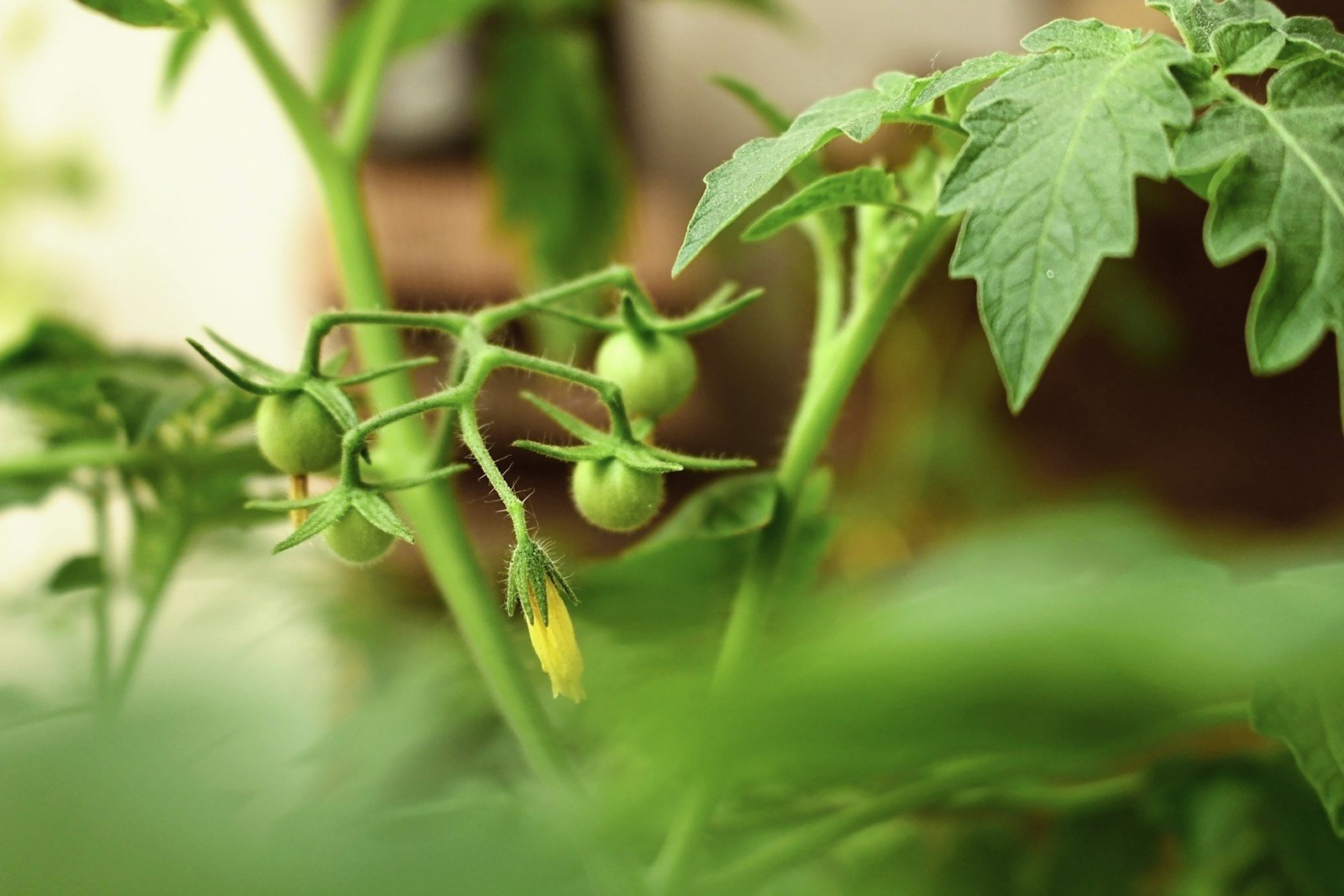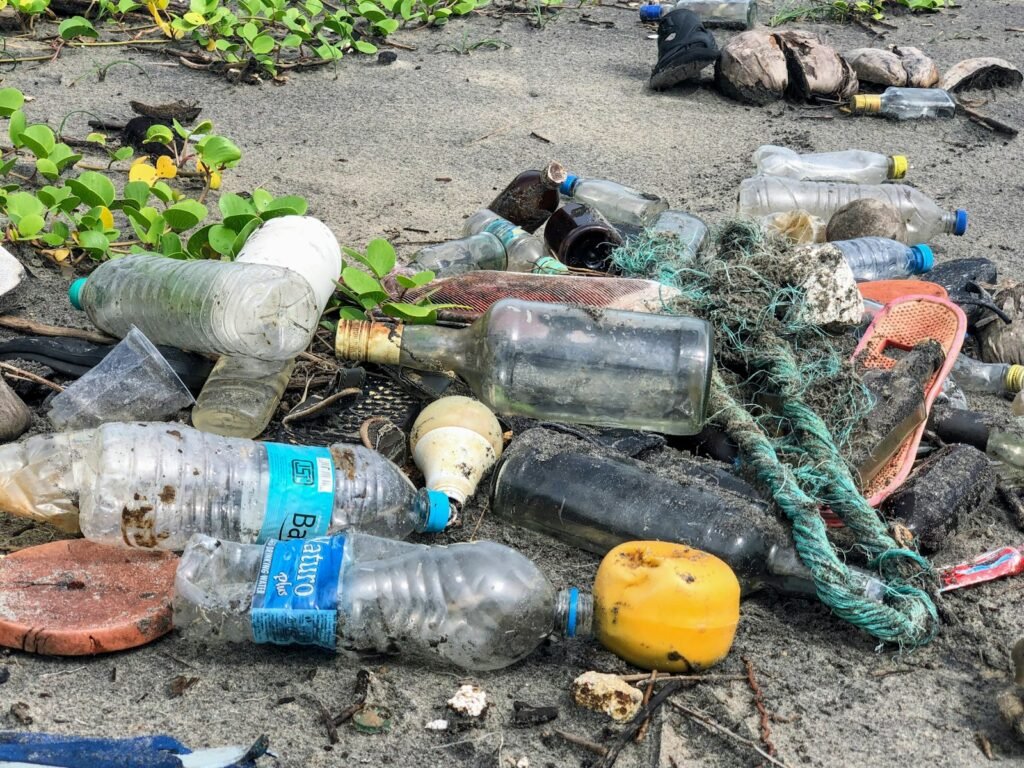Composting is the natural process of breaking down organic materials—such as food scraps, leaves, and yard trimmings—into nutrient-rich soil known as compost. This practice mimics what happens in nature: when plants die, they decompose and return nutrients to the earth, sustaining future growth.

There are several methods for composting, each suited to different lifestyles and environments:
- Backyard Composting: Ideal for those with outdoor space.
- Vermicomposting (Worm Bins): Great for apartment dwellers or small spaces.
- Bokashi Composting: A method that uses microorganisms to break down food waste quickly, even in limited conditions.
Understanding what can and cannot be composted is essential. Items like meat, dairy, and oily foods are typically avoided in traditional composting systems due to the risk of attracting pests or creating odors.
The Environmental Benefits of Composting
Composting plays a crucial role in reducing the amount of organic waste that ends up in landfills. Organic materials make up a significant portion of municipal solid waste, and when they decompose in anaerobic landfill conditions, they produce methane—a potent greenhouse gas that contributes to climate change.
By composting, individuals help divert this waste from landfills while simultaneously improving soil quality. Healthy soil supports plant growth, retains water more effectively, and reduces the need for chemical fertilizers. This creates a cycle of nourishment that benefits both the environment and the food we eat.
Moreover, compost helps in carbon sequestration by locking away carbon in the soil, which can help mitigate the impacts of climate change on a larger scale.
How Composting Supports a Zero-Waste Lifestyle
Composting is more than just an environmental practice—it’s a powerful tool that supports the principles of a zero-waste lifestyle. By returning organic waste to the earth, it closes the loop between consumption and disposal, reducing the need for new resources.
This process encourages mindfulness about food consumption and waste. When individuals compost, they become more aware of their waste patterns and are often inspired to reduce food waste through better planning and storage practices.
Composting also aligns with other zero-waste efforts such as recycling, reusing, and reducing. It reinforces a lifestyle that prioritizes sustainability at every stage, from production to disposal.
Getting Started with Composting
Starting a composting system is easier than many people think. The first step is choosing the right method based on available space, time, and resources.
For those with outdoor access, starting a simple backyard compost pile may be the most straightforward option. A bin can help contain the process and make it more manageable. It should be placed in a well-drained area that receives partial sunlight.
If living space is limited, vermicomposting offers an excellent alternative. Using a worm bin allows for efficient decomposition of kitchen scraps without the need for large outdoor areas. Bokashi composting is another viable option, particularly suited for homes with small kitchens or no access to outdoor space.
Successful composting requires maintaining a balance between “green” materials (like fruit and vegetable peels) and “brown” materials (such as dried leaves and paper). Aeration and moisture levels also play key roles in ensuring the decomposition process runs smoothly.
Overcoming Common Challenges
One of the most common challenges new composters face is dealing with odors or pests. These issues can usually be resolved by maintaining proper balance, keeping the pile well-aerated, and avoiding problematic materials like meat or dairy.
For those living in urban areas with limited space, finding a solution that fits their lifestyle is key. Many cities now offer community composting programs where residents can drop off organic waste at designated locations. These initiatives help support large-scale composting efforts while providing an accessible option for individuals who may not have the means to compost on their own.
Another challenge is accidentally including non-compostable items in the pile. It’s important to be mindful of what goes into your compost and, if necessary, set up a separate bin or container to sort materials before adding them to the pile.
Composting Beyond the Backyard: Community and Commercial Solutions
For those who may not have the space or resources to start their own composting system, community-based solutions offer an effective alternative. Many neighborhoods now support shared composting initiatives where residents can contribute organic waste collectively.
Local governments and businesses are also playing a growing role in promoting composting on a larger scale. Municipal composting programs help divert significant amounts of organic waste from landfills while producing high-quality compost for public use, such as in parks or community gardens.
Participating in these initiatives not only supports sustainability goals but also fosters a sense of shared responsibility and collaboration within the community.
Real-Life Examples & Success Stories
Many individuals have successfully integrated composting into their daily lives, transforming what was once considered waste into valuable resources. One such person started with a small worm bin on their kitchen counter, turning food scraps into rich soil for their balcony garden. Over time, they became more aware of the impact of their consumption habits and were inspired to reduce packaging and shop locally.
Another individual, living in an apartment without outdoor access, used Bokashi composting to manage their kitchen waste effectively. The process not only reduced their environmental footprint but also allowed them to grow herbs indoors with nutrient-rich soil made from their own compost.
These stories highlight how composting can be adapted to a wide range of lifestyles and environments. They demonstrate that even small changes can lead to meaningful long-term benefits for both individuals and the planet.
The Broader Impact of Composting on Sustainability Goals
Each individual who composts contributes to larger sustainability goals by reducing landfill waste and supporting healthy ecosystems. These contributions, when multiplied across communities and regions, have a significant impact on global environmental health.
Composting also aligns with the principles of a circular economy, where resources are used efficiently and waste is minimized through reuse and repurposing. This model helps reduce reliance on finite natural resources and supports long-term sustainability efforts.
As more people embrace composting as part of their daily routines, it becomes an essential practice in the ongoing effort to address climate change, protect biodiversity, and create a more sustainable future for generations to come.







